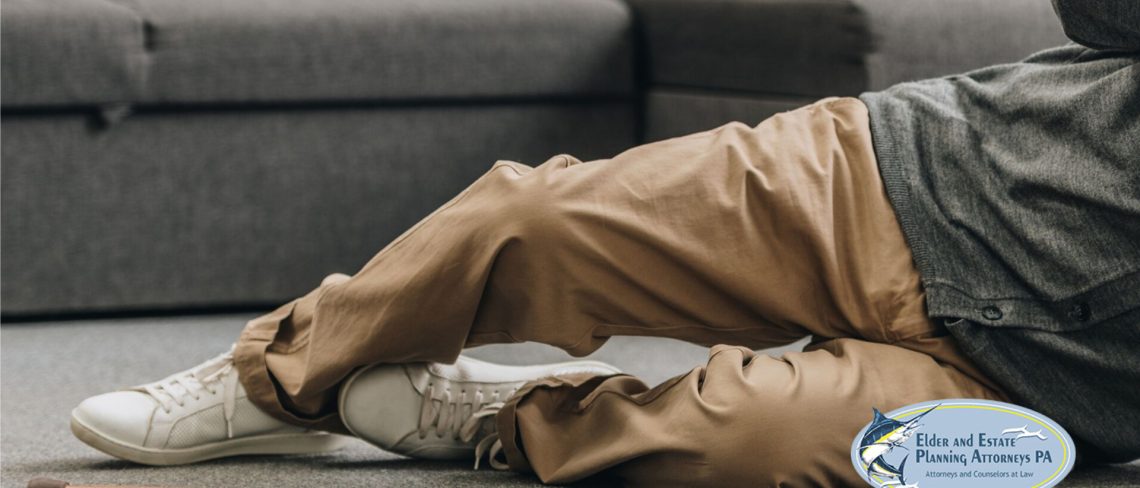Fractured hips, broken bones and head trauma, these are just a few common outcomes when elder adults fall. Fortunately, they’re not inevitable. While the likelihood of falling increases with age, seniors who take active precautions dramatically reduce the chance of landing in a hospital emergency room.
We know that you may have concerns about falling. Let us share with you five ways Older Americans and their loved ones can limit their risks of falling this September and throughout the year.
1. Find a quality balance and exercise program. Every September, the National Council on Aging hosts Fall Prevention Awareness Day. The mission is simple: to prevent fall related injuries in older adults. One of the services offered, is nationwide access to various evidence-based balance and physical fitness programs. These programs, like Fit & Strong, FallScape and CAPABLE, are proven to help older adults maintain a healthy defense against avoidable falls.
2. Talk to your health care provider. Ask an appropriate medical professional about taking a fall risk assessment. Share any worries you may have, as well as information about previous falls or near-falls. Resulting insights could illuminate unique risk factors, and even uncover unknown health concerns.
3. Get your vision and hearing checked. Poor vision, especially in low light, is a major factor in senior adult falls. Likewise, diminished hearing or inner ear damage can affect alertness and balance. Make sure to get regular eye and ear exams, and wear prescribed glasses and hearing aides if suggested.
4. Review your medications with your doctor. Whether prescribed by a doctor or purchased over-the-counter, medicines often come with side effects. When multiple medicines are taken together, those side effects may cause unforeseen complications. Consider listing all your medications and potential side effects, like light-headedness or drowsiness, and don’t wait to evaluate them with your doctor.
5. Talk to your family. Falling isn’t just an issue affecting elder adults. The financial and emotional costs of a fall can greatly impact adult children of elder parents and other family members. The average hospital cost for a senior fall is $30,000 according to the CDC, and the personal costs of a serious injury to a loving family may be incalculable.
We know this article can raise more concerns for you and your loved ones. How will you pay for care should there be a fall? Do you have the right decision maker in place? Don’t wait to ask us your questions and get the answers you need on this important topic.


